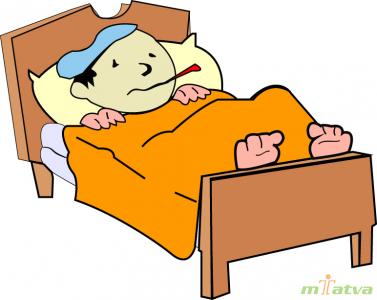Symptoms
General symptoms

-
High fever
-
Headache
-
Chills
-
Muscle aches
-
Vomiting
-
Jaundice (yellow skin and eyes)
-
Conjunctivitis
- Abdominal pain
-
Diarrhoea
- Rash
Symptoms when the heart, liver and kidneys are affected
-
Fatigue
-
Irregular heartbeat, often accelerated heartbeat
-
Muscle pains
-
Nausea
-
Nosebleeds
-
Pain in the chest
-
Panting (Breathing heavily)
-
Poor appetite
-
The hands, feet or ankles swell
-
Unexplained weight loss
-
Yellowing of the whites of the eyes, tongue and skin
Symptoms when brain is affected
-
Blotchy rash
-
Confusion
-
Drowsiness
-
Fits
-
High fever
-
Nausea
-
Photophobia (sensitivity to light)
-
Problems with physical movements
-
Stiff neck
-
The patient is unable to speak
-
Vomiting
-
Aggressiveness or unusual behaviour
Many of these symptoms can be mistaken for other diseases.
Causes
Leptospirosis is caused by a strain of bacteria called leptospira, which is found in certain animals and can spread to humans. Humans can become infected through
-
Contact with urine (or other body fluids, except saliva) from infected animals.
-
Contact with water, soil, or food contaminated with the urine of infected animals
-
Drinking contaminated water.
- It is not spread from person to person, except in very rare cases when it is transmitted through breast milk or from a mother to her unborn child.